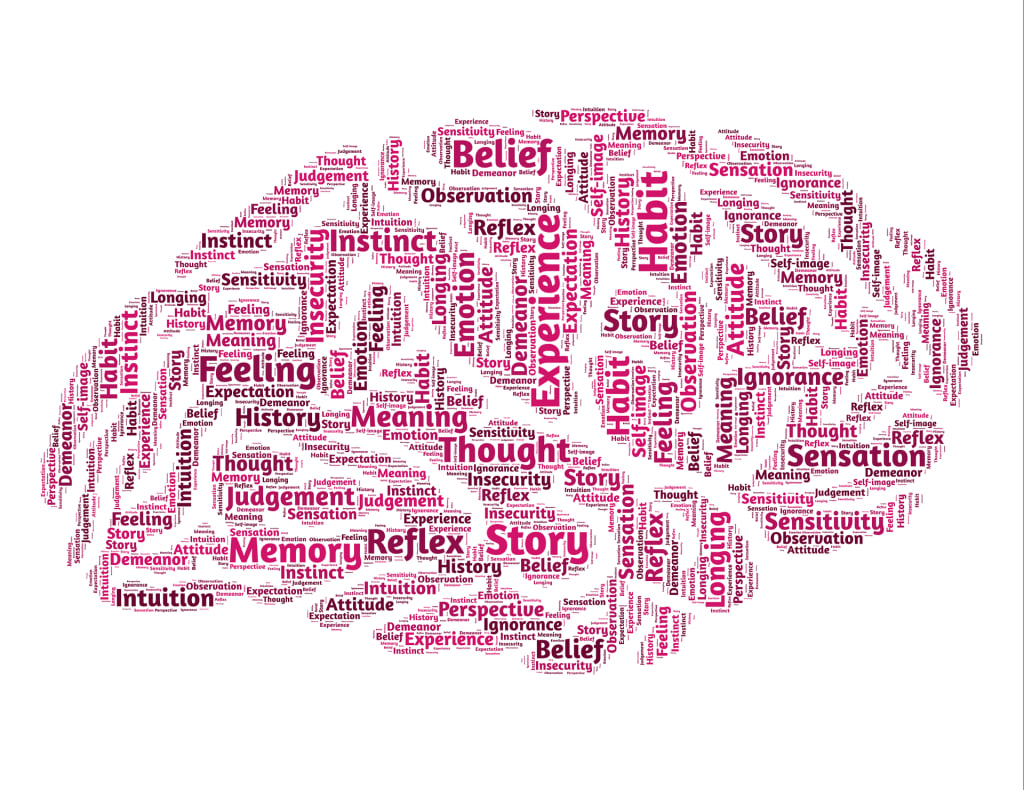Going on Gut Instinct
The role of intuition in decision making

There’s a much-used trope in science fiction that every decision we make creates multiple timelines or alternate realities. Usually, the alternate realities presented in these stories are wild and fantastic (there wouldn’t be much of a story otherwise), but here and now, in this reality, our choices are generally quite mundane.
Perhaps this is one reason why a lot of people have difficulty making decisions - the decision simply doesn’t seem important enough, or at least not worth dwelling on. Or they may even seem to have a knack for finding the correct decision without little or no thought - a gut instinct.
Gut Instinct
Those who tend not to take much time over their decisions are likely to be the same who will ‘go with their gut’ when making a choice. To say they don’t care is not always fair, but to say that they would rather not spend time agonising over details is pretty close to the mark. For this reason, those who go on gut instinct tend to be viewed as reckless, overly optimistic or even superstitious.
However, the ‘gut instinct’ is a lot more complex than the roll of a dice or reading of tea-leaves. Our brains have evolved to make quick decisions based on the fight or flight instinct. Sometimes those who make ‘rash decisions’ are viewed as victims of their emotions, but it is often the emotion that results from the rapid informational processing our brains undergo.
Intuition
Our intuition is a form of high-speed rehearsal: subconsciously we play out the various scenarios at a high speed and arrive at the safest choice. The resultant emotions, if left unchecked can appear to have us ‘flustered’ or ‘distraught’, an outcome of the intense experience of rehearsal. These emotions are only amplified when the decision is an important one or of a very pressing nature.
Though there are certainly times when this kind of high-speed quick decision making is called for, it is wise to be cautious about trusting ‘our feelings’ or ‘going on faith.’ There is a distinction to be made between primary (or primal) impulse and intuition. Though we may not be entirely conscious of it, our intuition is informed by experience.
The Drawbacks of Gut Instinct
Much like the jogger who has taken a particular route many times will know which path to take, when we are presented with a familiar decision, our brain will be pushing us in a particular direction automatically. Unfortunately, this can also mean we become too settled in our decision-making process. We have particular biases worn in through our experiences, some of which may have been quite damaging and perhaps regressive. We may end up relying on these biases to keep us safe and then look for confirmation to reinforce the bias to keep ourselves protected from a perceived threat.
Reimagining Instinct
So whilst the gut instinct is a valuable skill to maintain, it is important to temper it with a bit of self-knowledge. We must give ourselves the space to check our prejudices or emotional investments before going with our gut. We must also recognise that gut instinct is not luck, and it is something that must be cultivated and should be regularly reconfigured. Having an ‘instinct’ for something is not necessarily an innate virtue, but is something which can be carefully tempered with humility and reason.






Comments
There are no comments for this story
Be the first to respond and start the conversation.